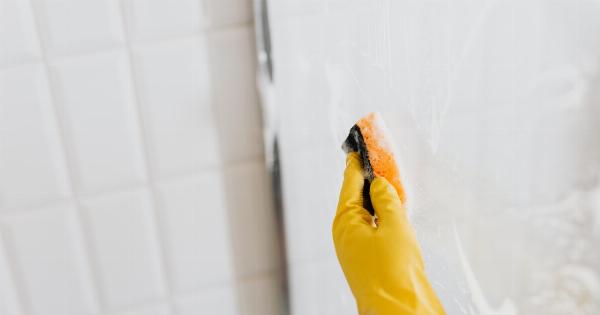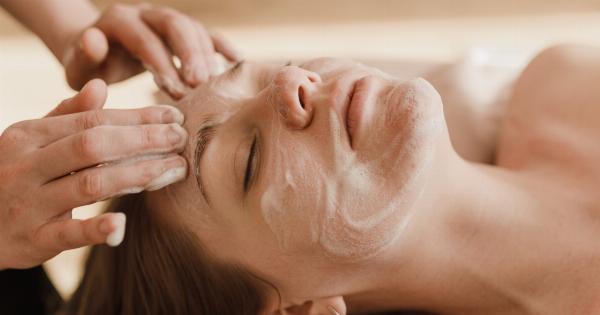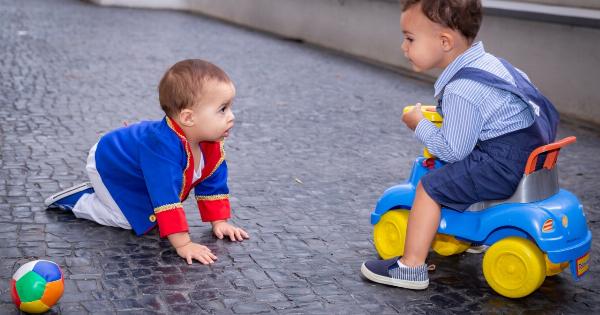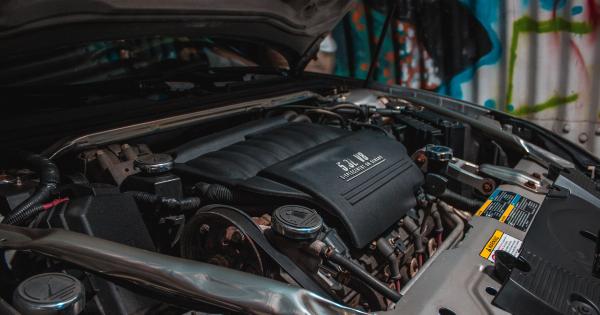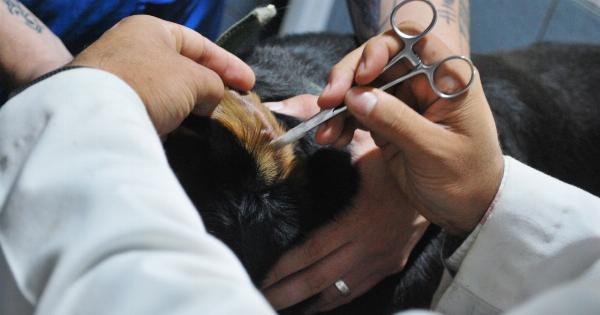Water in the ears can be a very uncomfortable sensation, and in some cases, it can even cause ear infections. Thankfully, there are a number of safe and effective ways to get water out of your ears. Here are some tips:.
1. Tilt your head
Tilt your head to the side and pull your earlobe in the opposite direction of the affected ear. This will give the water a chance to drain out of the ear canal. You can also try shaking your head gently to help the water move out.
2. Use gravity
Lie down with the affected ear facing down. Use a towel to absorb any water that comes out. After a few minutes, sit up and the water should drain out.
3. Use a hair dryer
Set your hair dryer to the lowest heat setting and hold it about a foot away from your ear. Gently blow air into the ear for about 30 seconds. Make sure the hair dryer is not too close to your skin – you don’t want to burn yourself!.
4. Use a warm compress
Soak a clean washcloth in warm water and wring out the excess. Hold the warm compress against the affected ear for a few minutes. The warmth will help to loosen the water and allow it to drain.
5. Try ear drops
There are over-the-counter ear drops available that can help to loosen the water and allow it to drain. Be sure to read and follow the directions carefully.
6. Avoid using cotton swabs
While it may seem like a good idea to use a cotton swab to try and remove the water, this can actually push the water further into the ear canal and cause more problems. Plus, you could risk damaging your eardrum.
Avoid inserting anything into your ear canal.
7. Use rubbing alcohol and vinegar
Mix equal parts of rubbing alcohol and vinegar and use a dropper to put a few drops in the affected ear. Tilt your head to the side and let the solution stay in your ear for a few minutes.
Then, tilt your head back to the other side and allow the solution to drain out. This mixture helps to evaporate any remaining water.
8. Chew gum or yawn
Chewing gum or yawning can help to relieve the pressure in your ears caused by the water. This can help the water to drain out more easily.
9. Visit a doctor if necessary
If the water stays in your ear for an extended period of time, it could lead to an infection. If you experience any pain or discomfort, or if the water does not come out after trying these methods, visit your doctor.
They can safely remove the water using special tools.
10. Prevention is key
While these methods can help to remove water from the ears, prevention is always the best option! To avoid getting water stuck in your ears, wear ear plugs while swimming or showering.
Dry your ears thoroughly after getting out of the water, and avoid swimming in dirty or contaminated water.

